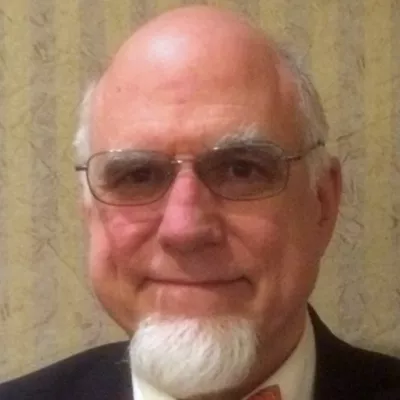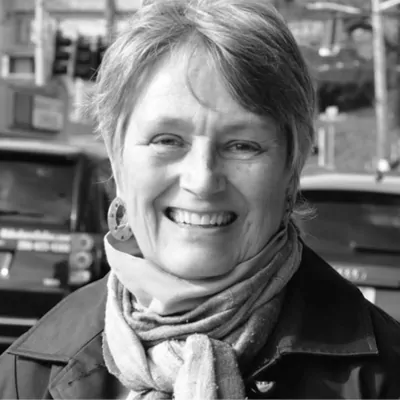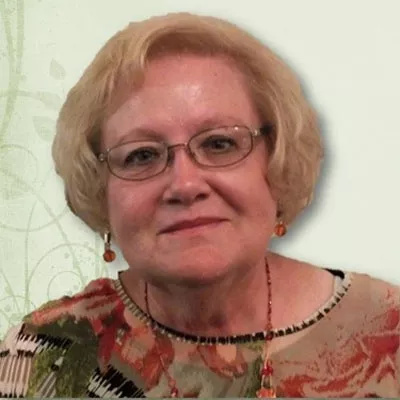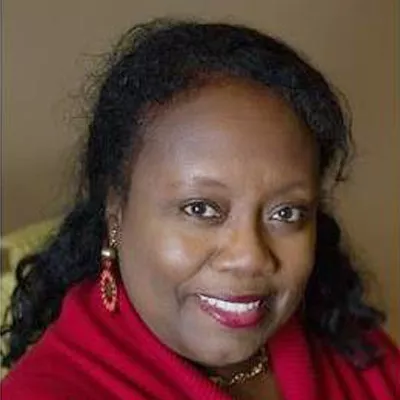Organized in August 1862, the First Kansas Colored Infantry was the first Black unit recruited in the North, the first to see and die in battle in the Civil War. Made up of both free and enslaved men, including those from the Five Tribes, its exploits were legendary. Yet, the lives of its rank and file outside of their service were prolific and unsung.

Already a member? Log in









You should receive a confirmation email with a link to the webinar soon.
You’ll also receive a reminder both the day before and one hour before the webinar begins.
Didn’t receive a confirmation email?
You successfully registered for %s.
You should receive a confirmation email with a link to the webinar soon.
You’ll also receive a reminder both the day before and one hour before the webinar begins.
Didn’t receive a confirmation email?
To ensure a smooth, high-quality webinar experience, check the quality of your internet connection.
On the day of the webinar, connect 30–40 minutes before and turn off any background software. If you can’t tune in live, you can view the recording later in the Webinar Library. If joining via a mobile device, be sure to first install the free GoTo app.
Questions? Contact us or read our FAQ.
It looks like you’re already registered for this webinar
You can register for another webinar.
Didn’t receive a confirmation email?
It looks like you’re already registered for these webinars
You can register for another webinar.
Didn’t receive a confirmation email?
Something happened on our end, sorry about that
We were unable to complete your registration.
Please try again later.



 Syllabus
Syllabus

Excellent presentation, passionately delivered
Excellent research. Very helpful to me as I research the 136th Inf USCT.
great timeline info before troop formed
Detailed, informative, well presented
Awesome webinar !!!
Thank you very much, this was so appreciated it’s difficult to do a tour or presentation without going through and over the Kansas Colored Union Army Volunteer Regiment with the Quindaro Ruins / Underground Railroad archaeological Pompeii of Kansas preservation /- restoration efforts. Absolutely PHENOMENAL. I hope this presentation will be made available to share to those who were unable to attend: what a great way make sure our nation continues to acknowledge the FIRST KANSAS COLORED UNION ARMY
Excellent presentation. Nikka presented brand new information. It was rude for the facilitator to interrupt the presenter with a time check.
An excellent presentation. I love history and I enjoyed hearing all the things that led up to the soldiers in Kansas. I will definitely watch this again. I will even invite my next door neighbor over to see it with me. Thank you.